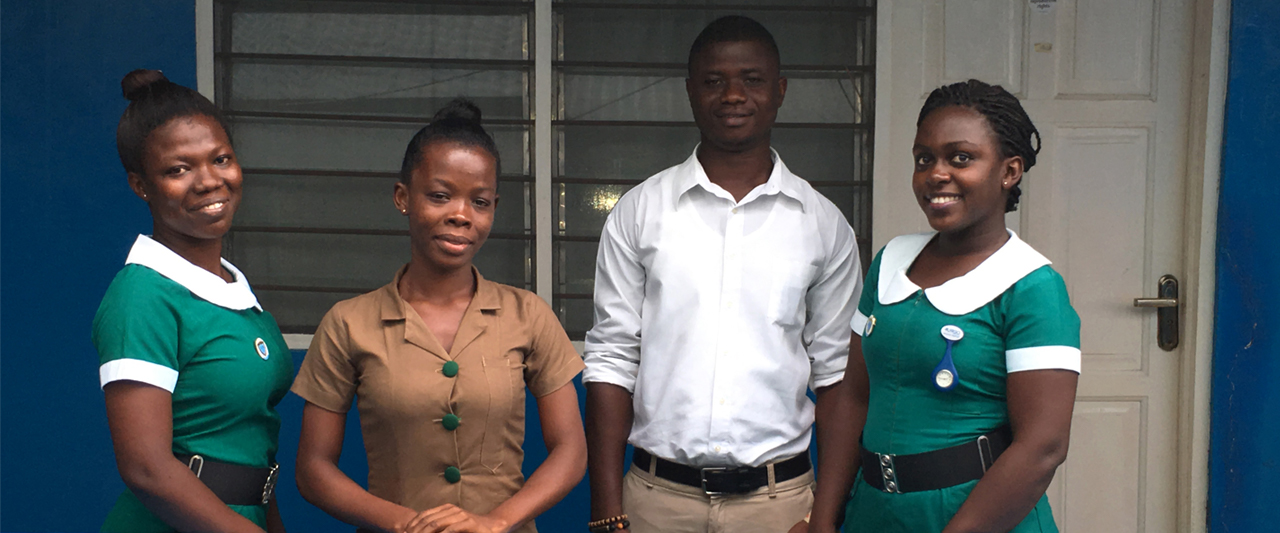Today, a full range of comprehensive abortion and family planning services is available, provided by a team of midwives at the Hobor Community-Based Health Planning and Services Compound. At the center of this transformation is Helena Adeji, a young midwife determined to reduce unsafe abortion in her community.
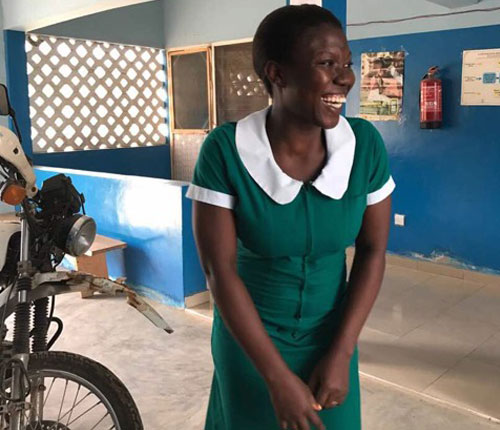
“Young women must be empowered to make the right sexual and reproductive health choices in their lives.” – Helena Adeji, Ghana midwife
Unsafe abortion in Ghana
- 11% of all maternal deaths result from unsafe abortion
- Women who are poor or young are more at risk
- Abortion stigma drives many to seek unsafe abortion
- Training more midwives in abortion care can help to reduce unsafe abortion
Source: “Abortion in Ghana,” Guttmacher Institute, January 2013
Serving a population of about 7,000, the health compound in Hobor is part of the national government’s effort to bring essential health services to hard-to-reach areas. Community members helped to build the facility, which includes residential quarters for staff to ensure that services are available seven days a week.
Services at Hobor, however, initially did not include abortion care. In partnership with Ghana Health Service, Ipas began working in September 2014 to initiate abortion services. One of the first steps was a workshop for select facility staff on the importance of safe abortion as an integral part of reproductive health care.
Helena, a midwife with Ghana Health Service, attended that workshop and afterward expressed interest in learning the clinical skills for abortion care. She was distressed by the number of women who had been arriving at Hobor with serious complications from unsafe abortions and wanted safe abortion care to be an option for women and girls coming to Hobor with unintended pregnancies.
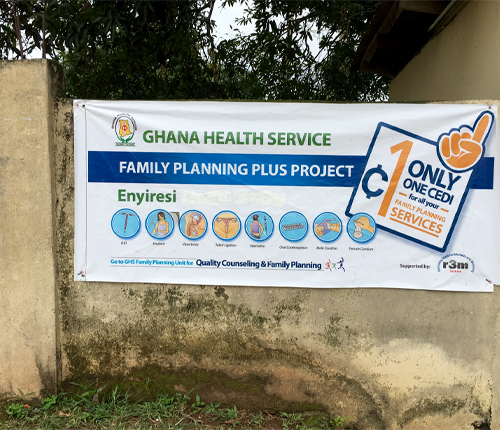
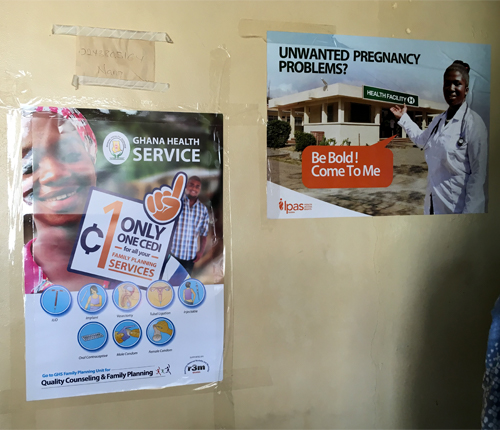
Ongoing support from a strong mentor
Helena enrolled in an Ipas-supported clinical training program in 2014 that included guidance from a clinical mentor, Caroline Fati Asigri, an experienced abortion provider who worked at a different facility. After finishing her initial training, Helena received an additional two weeks of training at Caroline’s facility. Less than a month later, she initiated abortion services at Hobor.
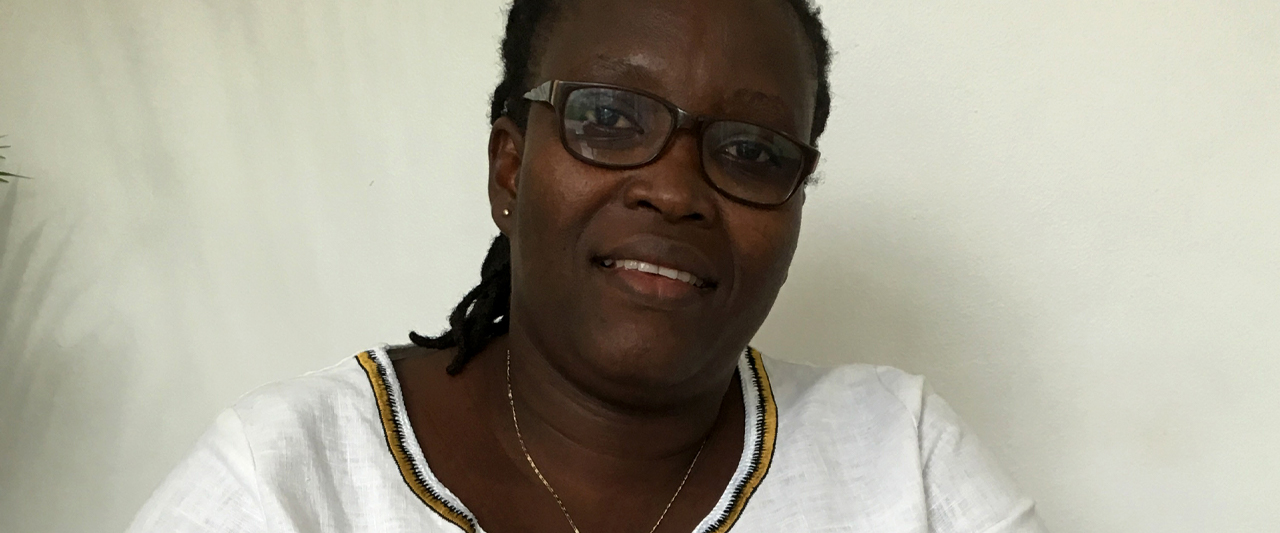
The mentoring relationship didn’t stop there, however. Helena continued to receive support from Caroline in person and by phone after she began providing services at Hobor. Knowing she had back-up support from a patient and understanding mentor gave her extra confidence. For instance, when one client returned many weeks after an abortion and reported that she was bleeding heavily, Helena immediately contacted Caroline, who told her to refer the client to Caroline’s facility, where she received care.
“It’s very important for new providers to know they are not alone,” says Caroline. Clinical mentoring does not end with skills being imparted, she says, but is a long-term relationship, serving as a source of encouragement for both mentors and mentees.
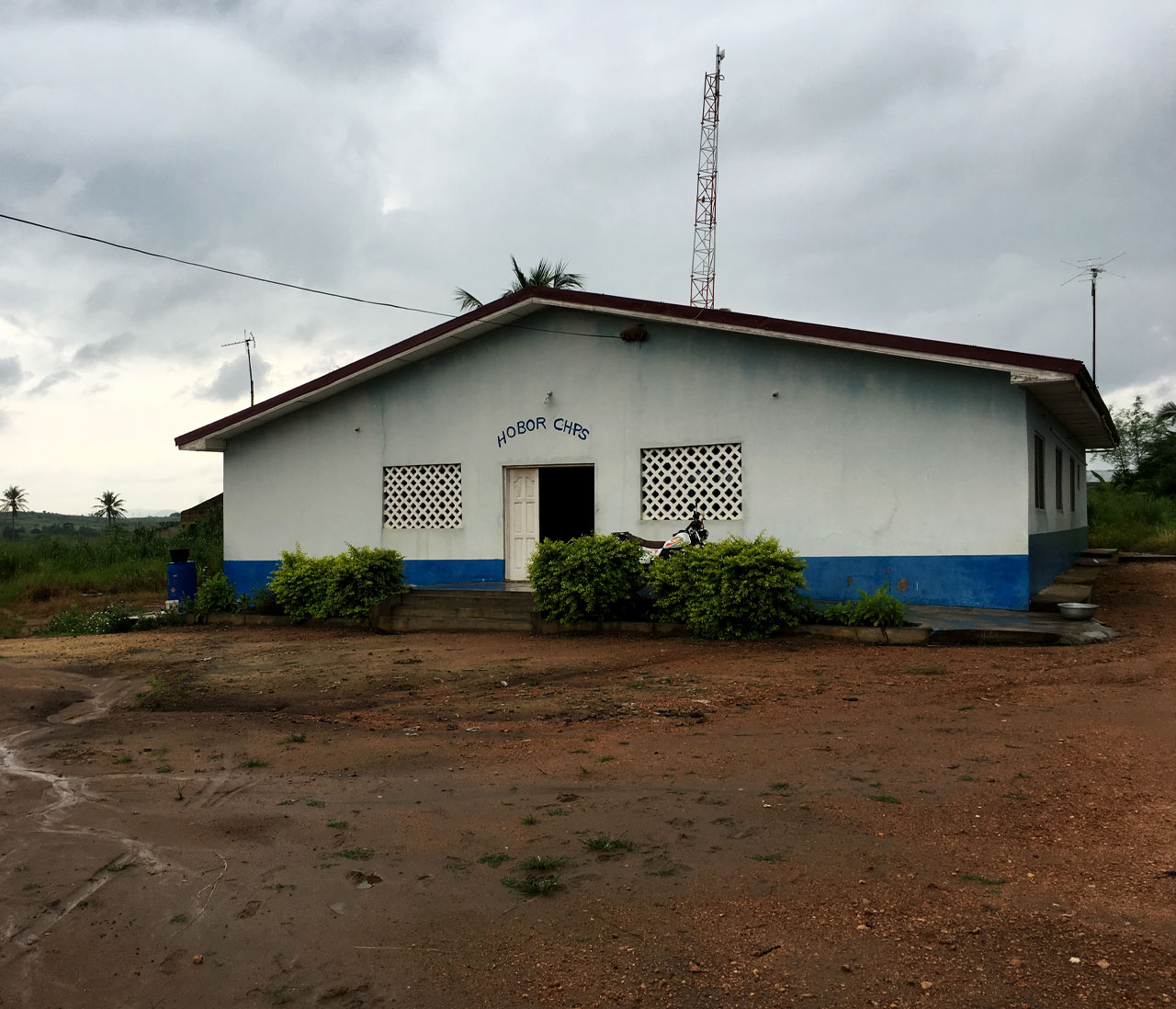
Gaining community trust
Many in the Hobor community were initially opposed to the addition of abortion care at the health compound. One of Helena’s first steps was a meeting with select facility staff to emphasize the importance of offering abortion care.
Helena and a team of co-workers—a second midwife and two community health nurses—also reached out to community leaders to give them information on safe abortion. These meetings highlighted the importance of making sure that all women, including young women, have access to safe abortion and can avoid risking their lives by using an unsafe method.
“This outreach greatly helped to build trust between providers at Hobor and the community,” says Dr. Koma Jehu-Appiah, country director of Ipas Ghana, which works with the government and partner organizations to provide technical assistance to public-sector health facilities on abortion care. “The providers learned firsthand about the community’s concerns and could work with them to address the identified needs.”
High-quality care
Helena and the other staff at Hobor say they have noticed a decrease in the number of bleeding cases coming to the facility as the result of complications from unsafe abortion. Helena’s desire to see that young women in particular get needed reproductive health services, including abortion and contraception, is being realized, too. During the period from October 2014-March 2017, 63 percent of the women she assisted with abortion services were under the age of 25. Among all clients she served, there was a high uptake of postabortion contraceptives.
There are positive signs, as well, that women and girls are receiving high-quality, client-centered care: Hobor facility staff are friendly to clients, privacy and confidentiality is emphasized, waiting times are short and clients are served in language that is easily understandable.
All photos by Amy Coughlin or Samuel Antobam, © Ipas
For more information, contact [email protected]


